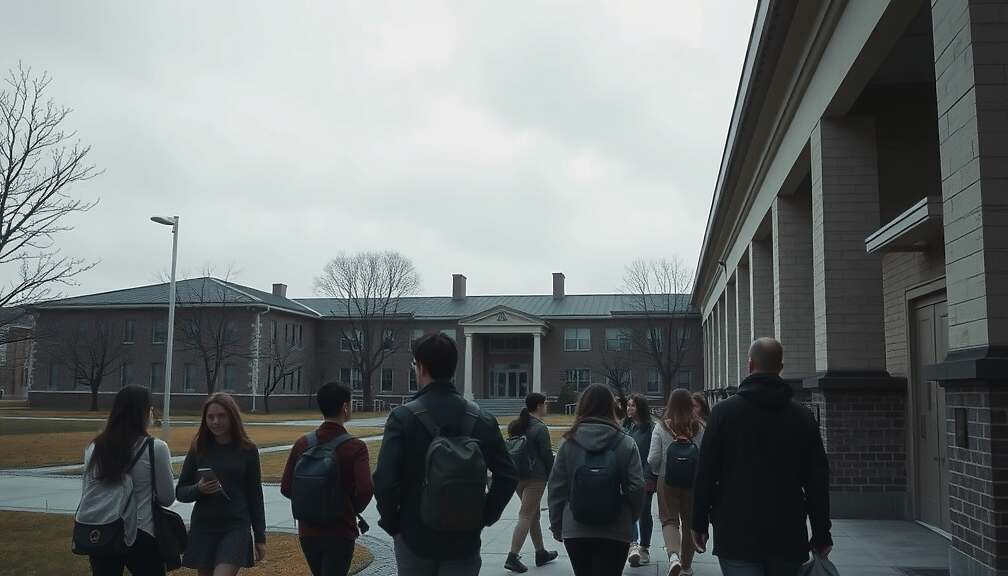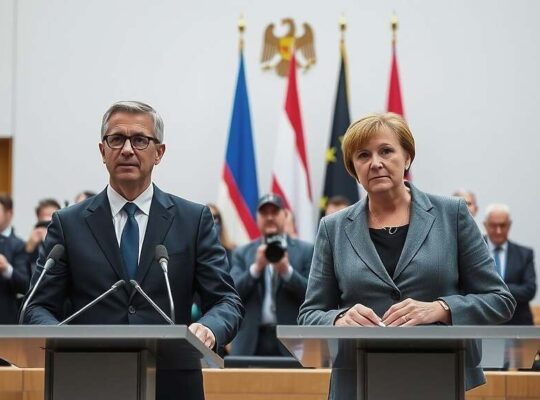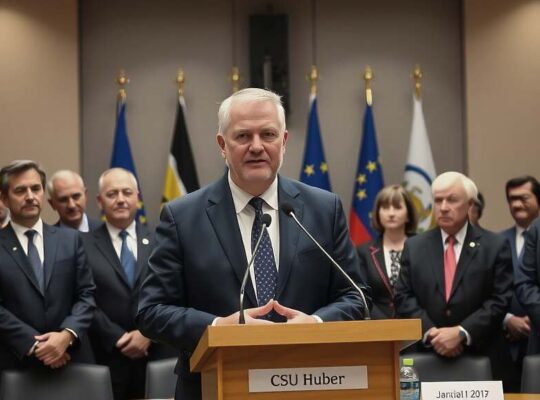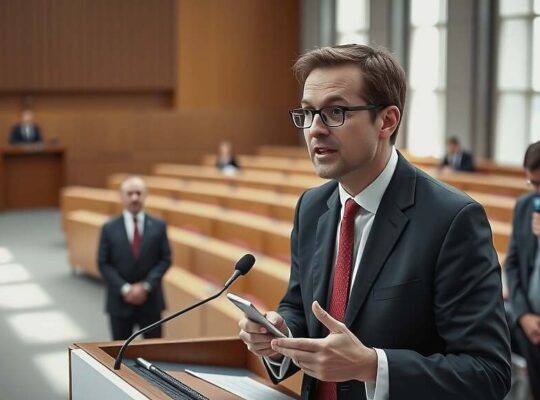The escalating incidence of right-wing extremist crimes within Mecklenburg-Vorpommern’s schools has prompted sharp criticism of the Alternative for Germany (AfD) party from State Premier Manuela Schwesig (SPD). Schwesig voiced deep concern regarding the trend, directly attributing, in part, the deterioration of the environment to the AfD’s rhetoric.
“The AfD, as a party of hate, has fostered within sections of German society a climate in which right-wing extremist ideologies are voiced more openly than previously” Schwesig stated. She emphasized a clear causal link, warning, “Words can translate into actions”. Her comments reflect a growing unease within the political establishment regarding the party’s influence.
The Federal Government’s East German Commissioner, Elisabeth Kaiser, has echoed this concern, advocating for a unified national database tracking right-wing extremism in schools. “It’s essential to accurately document these incidents and ensure comparability across federal states” Kaiser remarked. She highlighted the need to bolster both schools and teaching staff, equipping them with the resources necessary to effectively address and mitigate such occurrences, noting ongoing consultations with representatives from the federal and state governments.
Katrin Göring-Eckardt (Greens), a Member of the Bundestag, further underscored the AfD’s complicity. “Children and adolescents are targets of right-wing extremist propaganda, often without adequate protection” she asserted. While acknowledging other contributing factors, Göring-Eckardt characterized the AfD as “a beneficiary and an accelerant” of the burgeoning trend.
This perspective has implications for potential legal action against the party. Göring-Eckardt suggested that demonstrable connections between the AfD’s platform and subsequent right-wing extremist incidents offer compelling arguments for a review of the party’s constitutional legitimacy, potentially paving the way for a ban. The debate highlights a critical juncture for German politics, grappling with the interplay of political rhetoric, societal attitudes and the safeguarding of democratic values.












